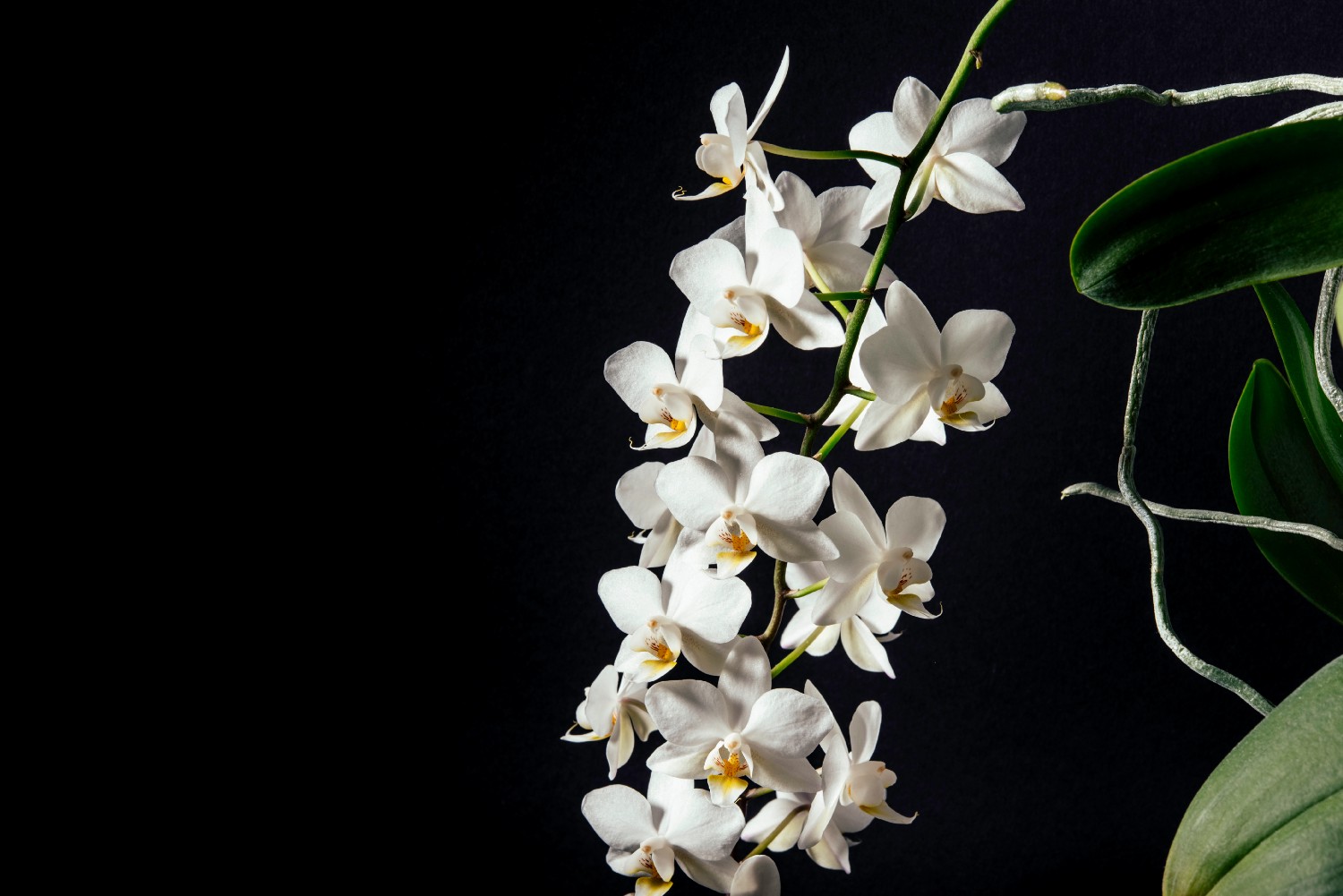A terrorist attack occurred at the House of Parliament yesterday. 5 dead. 40+ casualties.
A lot of my friends worked, lived, or studied in the area. For all I know, and in the frenzy of information panic and conflicting hearsay that flooded the immediate minutes after the attack, it was difficult — strange — to verbalise what the news of the attack, coming from a land over 8,000km away, meant to me (I was in Hong Kong). In the initial moments, there was no doubt an element of fear, fear for their concerns and safety; fear that they were one of the unnumbered casualties killed or maimed in the incident; fear that they were caught in the crossfire of bullets or in the path of that car that brutalised its way through central London. There was the white fear that scattered across frantic Messenger three-dots and confused, subdued WhatsApp texts. There was the blank, grey fear of paranoia, that someone who hadn’t checked in for the past three hours was not showing up on Facebook, not because they had forgotten to check in, but because.
***
Then came a moment of anger. Anger, as one would perhaps expect, towards the violence — a cowardly act of exerting non-existent power. Anger, perhaps, towards the helplessness of those who had to bear with their loved ones taken from them in ways least dignified, disgusting. Anger, towards the rolling text on the Television I switched on and on the laptop and phone screens and suddenly the memories began resurfacing again of the past events I watched on the screen. Paris. Baghdad. Brussels. Istanbul. Nice. But there was also something deeper to that sense of anger.
***
It was the fatigue of deja vu. The anger towards the fact that a vast majority of us could only sit back helplessly and watch the terror unfold before our eyes. The anger towards the all-too-familiar responses after any and all terrorist attacks these days — a tendency for xenophobic politicians to jump to sweeping conclusions that brand Islam as inherently terrorist, and that associates any and all BME individuals with being prospective terrorists; or the tendency of those on the radical left to riposte with equally tasteless apologeticism, framing the issue as one of the imperialist West needing to allegedly ‘pay for its sins or past wrongs’, weaponising the lives of innocent to make a political point that drags on like an interrupted and frustrated hyphen, all too eager to justify weighing out some lives against others; or the tendency of glib responses and Facebook statuses echoing a rather peculiar status I came across after the Paris attack — that the ‘best way to fight terrorism is to eat macarons and munch on our Fish and Chips, now that’ll show them what it means to be a Brit.’
***
But if there’s one thing I noticed about my thought process — retrospectively: it was the absence of a quaint but simple emotion that had evaded many who have become desensitised. It’s the emotion of grief. It’s the emotion of mourning for those who were stolen: the father who went to work but never took the train home, the extraordinary policeman who paid an extraordinary price for a so-called ‘ordinary’ job that would not be out of place on a job search website or on newspapers, the pedestrian, the tourist, the ordinary citizen of an extraordinary country.
There’s a tendency amongst us to police our emotions after terrorist attacks. To mourn, is to give in. And then there are those who posit that mourning is the fuel for further terrorism. To mourn, is to feed terrorism. We are socialised by our interactions through Facebook, Twitter, and whatnot, into engaging in commentary, analysis, reflections. Expressions of contempt towards terrorism. Self-aggrandising statuses of triumph. Defiant gestures of fuck-you to terrorists. Politics of power projection.
Don’t get me wrong. I think all this is wonderful. Don’t get me wrong. I think acts of solidarity are wonderful. I think showing strength is necessary — obligatory, even, at times.
But there’s nothing wrong with those who choose to find solace in mourning. It’s OK formulate a collective identity of solidarity through collective mourning. It’s OK to not be OK. It’s OK to feel vulnerable, precarious — even —
Because at the end of the day, there’s something that we have and that those enshrouded in black masks and cowardly skins of false bravado never will have: the somewhat fragile, flickering, but never-dying flame of humaneness. And to mourn, to cry and shed tears in face of disasters, to pensively consider the fact that we could have been one of the victims, is one of the best acts of defiance against terrorism.
March on. But there’s no shame in crying.
There’s no shame in being human .
Originally published at medium.com


